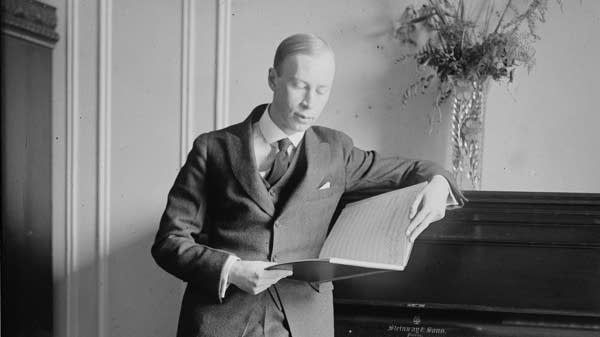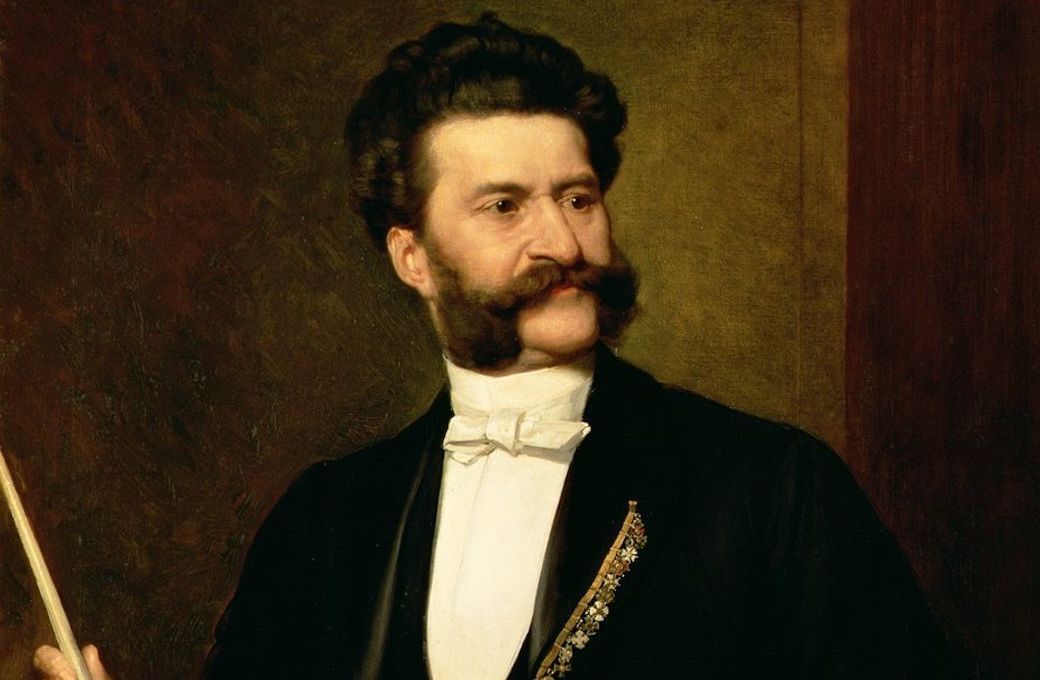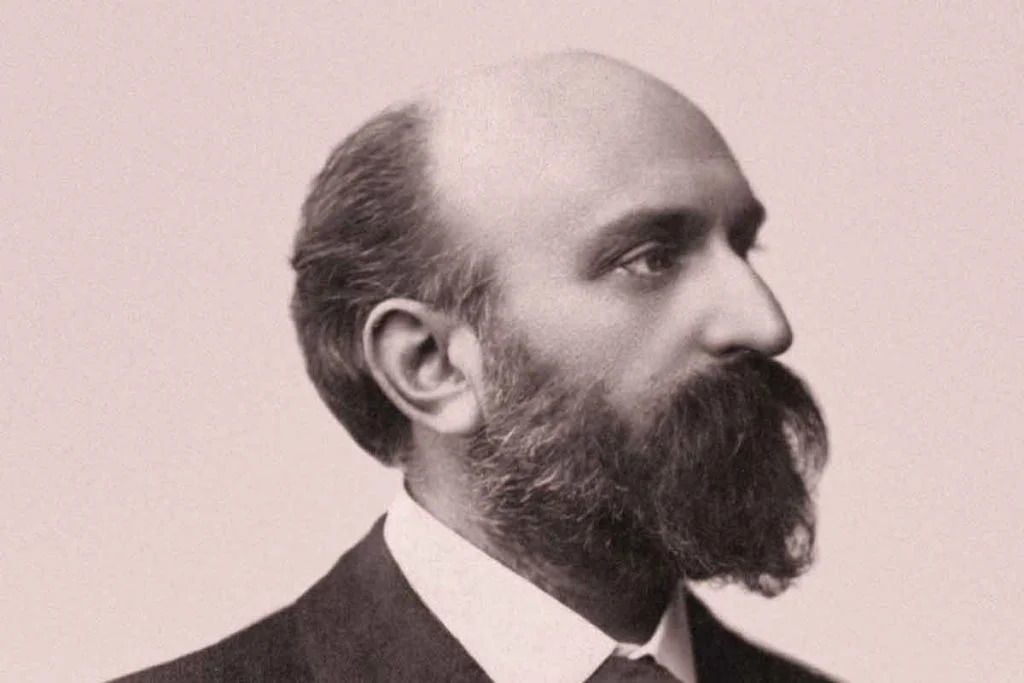THE STORY BEHIND: Smetana's "The Moldau" & "Šárka" from "Má Vlast"
Share
On October 18, Music Director Ruth Reinhardt and the Rhode Island Philharmonic Orchestra will present THE MOLDAU & MORE with cellist Andrei Ioniță.

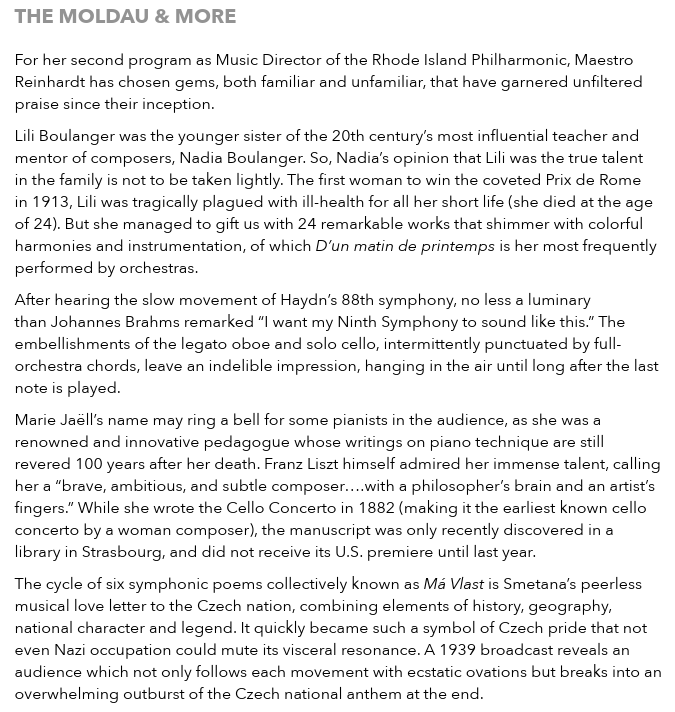
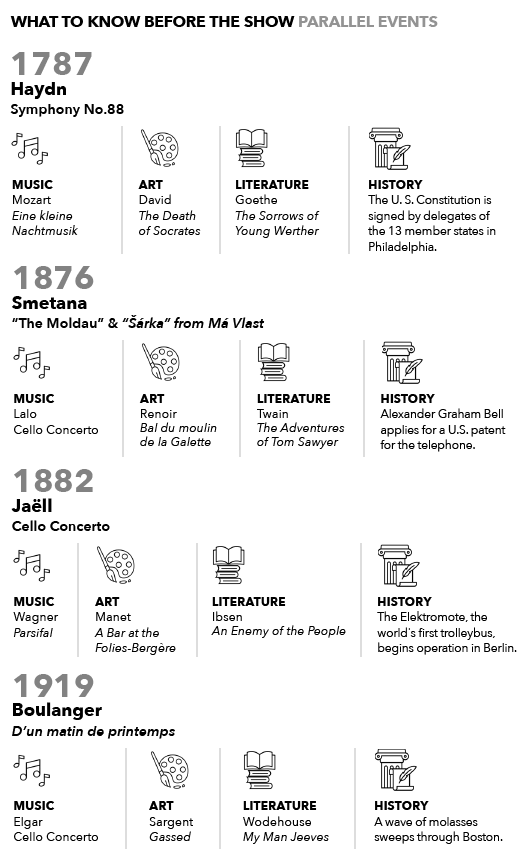
Title: "The Moldau" & "Šárka" from Má Vlast
Composer: Bedřich Smetana (1824-1884)
Last time performed by the Rhode Island Philharmonic:
“The Moldau” was last performed September 27, 2008 with Larry Rachleff conducting. “Šárka” is a RI Philharmonic Orchestra premiere. These pieces are scored for piccolo, two flutes, two oboes, two clarinets, two bassoons, four horns, two trumpets, three trombones, tuba, timpani, percussion, harp and strings.
The Story: Smetana could not hear a single sound for the last decade of his life. Tragically, this led to intermittent dementia (in the margin of score of the 1882 D minor Quartet he scrawled, “Composed in a state of disordered nerves — the outcome of my deafness.” He would die two years later). But things had not yet progressed to such a grim degree when he began work on one of the greatest collections of tone poems ever written.
Má Vlast
(“My Country”), inspired by the land and lore of his native Bohemia, is the main reason that today we think of Smetana as “the father of Czech music,” but there are many others. In 1861, when Smetana became active in the newly formed National Theater in Prague, he created a prolific and vivacious repertoire of Czech operas rooted in native folklore (the enduring masterpiece,
The Bartered Bride
among them). Such a show of pride in Czech culture bordered on the revolutionary in those days, when the lands of Bohemia and Moravia were ruled by the Austrian empire and anything not Austrian or German was considered decidedly low-brow.
The second of
Má Vlast’s tone poems, “The Moldau” (or “Vltava” in the original Czech), is an ode to the river that flows across northern Bohemia and through Prague. In his preface to the score, Smetana wrote “Two springs pour forth in the shade of the Bohemian Forest, one warm and gushing, the other cold and peaceful. The forest brook, hastening on, becomes the river Moldau. Through thick woods it flows, as the gay sounds of the hunt and the notes of the hunter’s horn are heard ever nearer. It flows through grass-grown pastures and lowlands where a wedding feast is celebrated with song and dance. At night, wood and water nymphs revel in its sparkling waves. Reflected on its surface are fortresses and castles — witnesses of bygone days of knightly splendor and the vanished glory of fighting times. At the St. John Rapids, the stream races ahead, winding through the cataracts, hewing out a path with its foaming waves through the rocky chasm into the broad riverbed — finally, flowing on in majestic peace toward Prague and welcomed by the time-honored castle Vyšehrad. Then it vanishes far beyond the poet’s gaze.”
Of the third movement of
Má Vlast, the composer noted, “This poem depicts the story of Šárka [a daughter of the founding family of Bohemia], swearing vengeance on the whole male race for the infidelity of her lover. From afar is heard the arrival of armed men led by Ctirad, who has come to punish Šárka and her rebellious maidens. In the distance, Ctirad hears the feigned cries of a girl (Šárka) bound to a tree. On seeing her, he is overcome by her beauty and so inflamed with love that he frees her. By means of a previously prepared potion, she intoxicates Ctirad and his men, who fall asleep. As she sounds her horn (a pre-arranged signal), the rebel maidens, hidden in nearby rocks, rush to commit the bloody dead. The horror of general slaughter and the passion and fury of Šárka’s fulfilled revenge form the end of the composition.” Moving from one scene to the next with the pace of modern cinema, “Šárka” provides a dramatic apex to a work that, for Smetana, seems to have transformed his maddening prison of silence into a torrent of fervor for his country and his people.
Program Notes by Jamie Allen © 2025 ALL RIGHTS RESERVED.
Recommended Recordings:
Rafael Kubelik recorded Smetana's Má Vlast no less than five times. His final version from 1990, coaxed out of retirement for his triumphant return to the Czech Philharmonic after years of exile, is the most poignant.
Tickets start at $25! Click HERE or call 401-248-7000 to purchase today!

